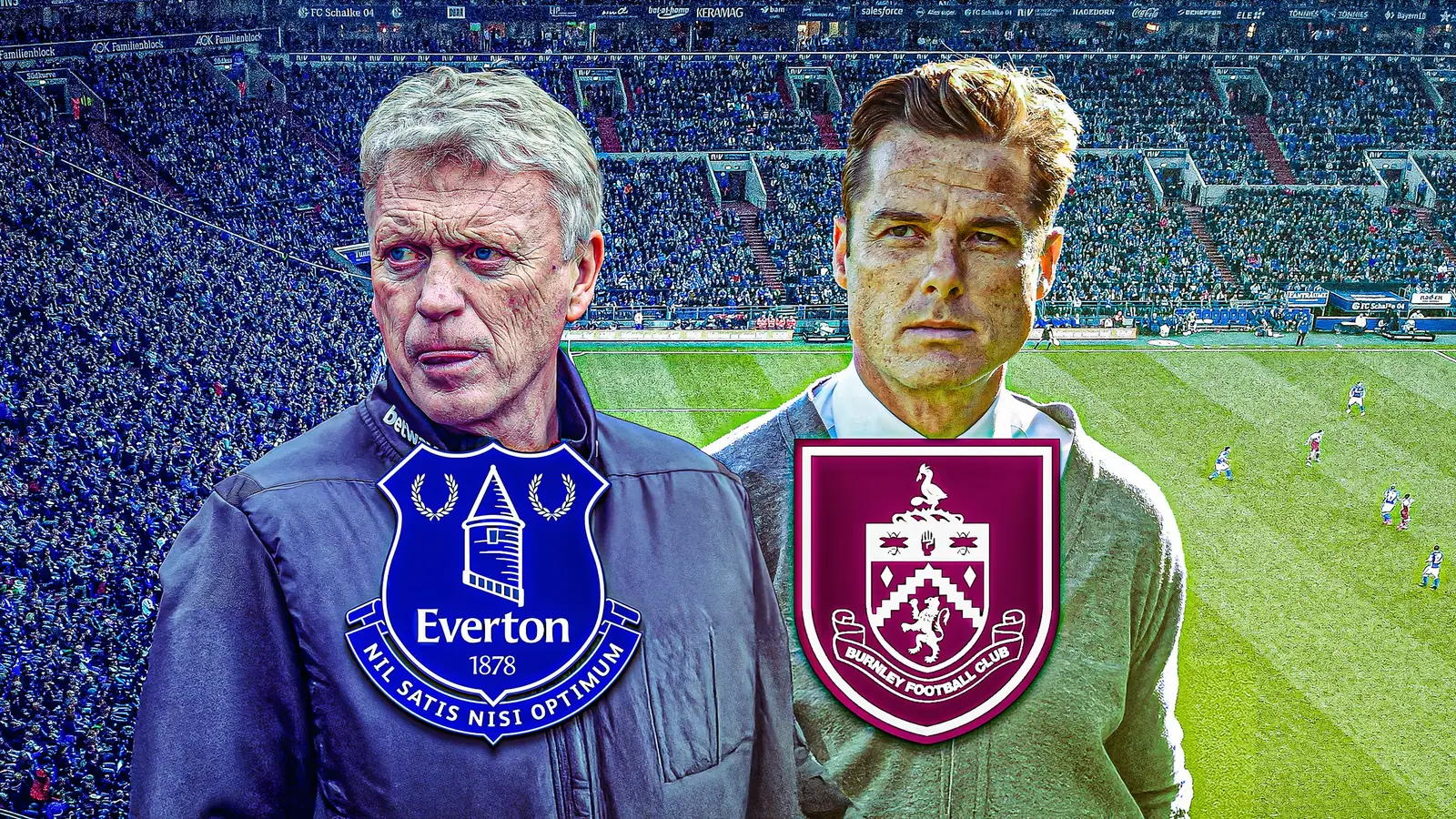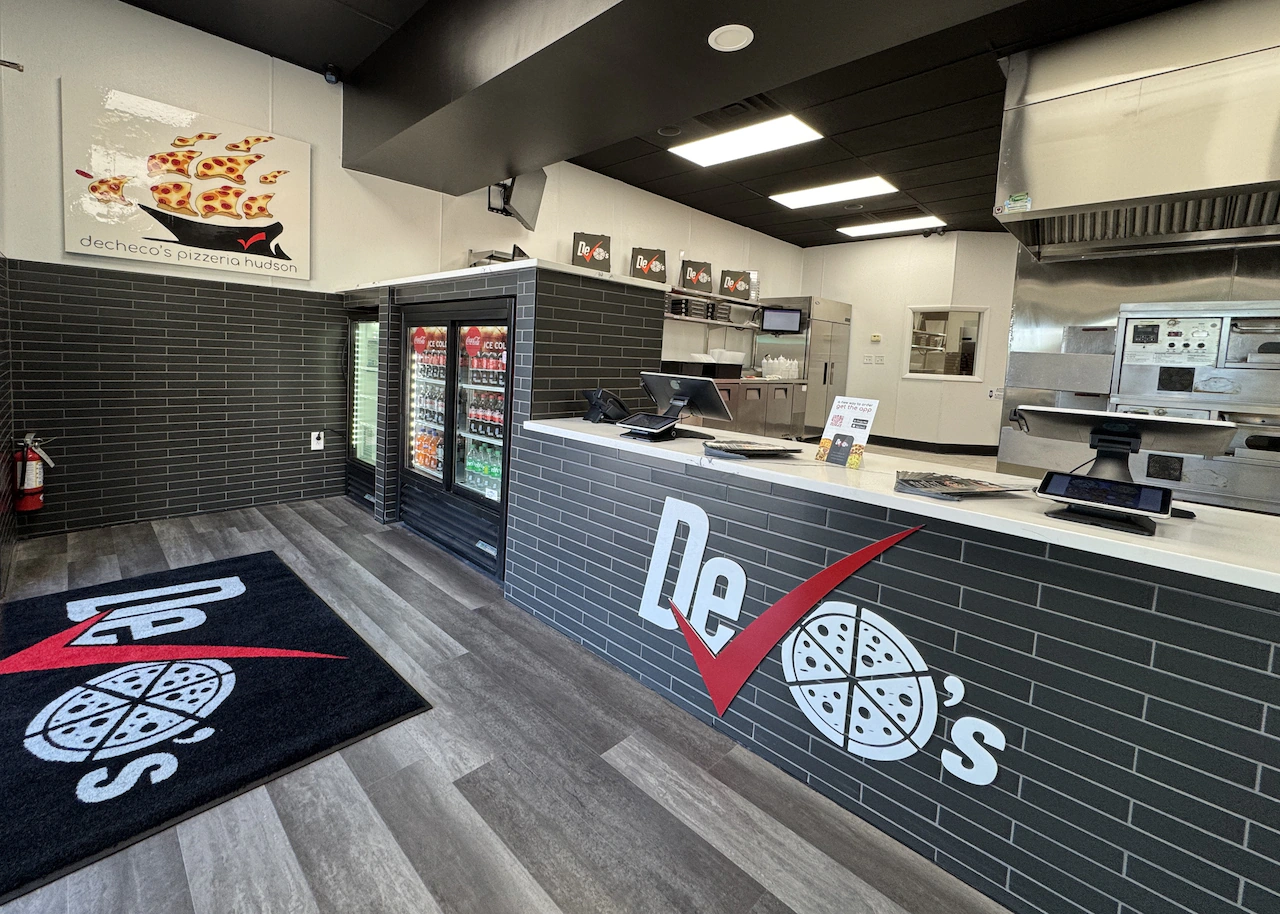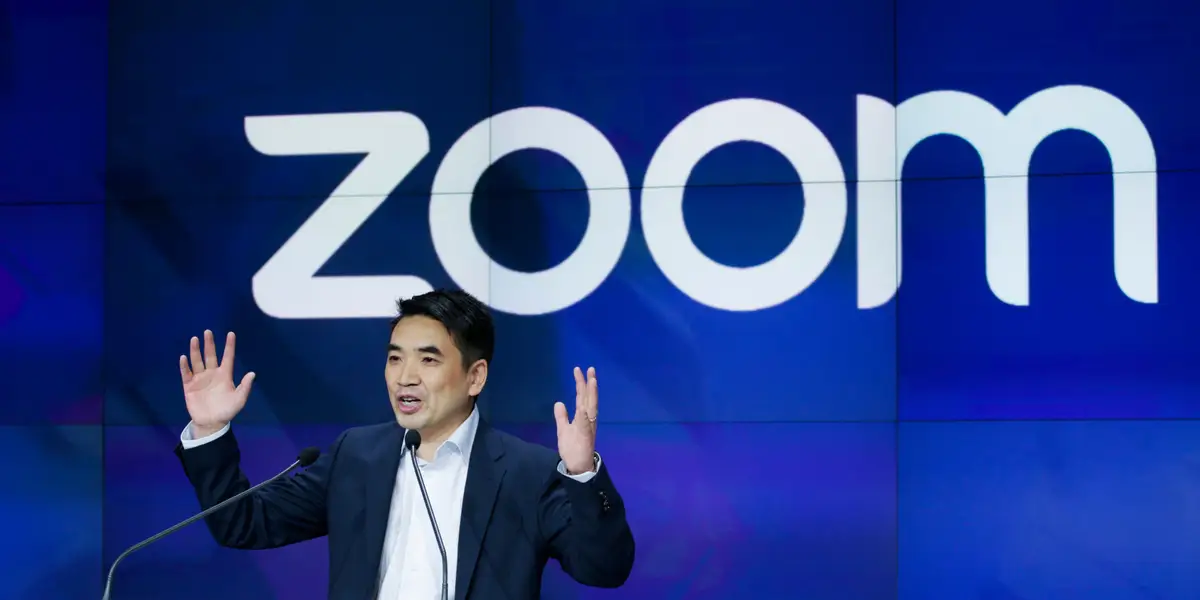
While Everton’s nightmares about breaching the Premier League’s profit and sustainability rules (PSR) may have passed, the Toffees now face a £50m legal showdown.
Burnley and Everton might not be due to face each other on the pitch until December 27, but the two clubs and their legal representatives will face off in central London this week at the International Dispute Resolution Centre, with the Turf Moor side seeking more than £50m in compensation from their Premier League rivals.
Dispute has been a theme across the Premier League, from the points deductions of Everton and Nottingham Forest for breaching PSR, to the 115 charges against Manchester City, the world’s biggest and best domestic league has been bumping heads with its shareholders, the 20 clubs who compete in it each season.
This time is different, though. This is a club-to-club matter. But why? The decision from Burnley to pursue hefty damages directly from Everton, a club who achieved safety in a season when they were ruled to have breached PSR, and one where Burnley fell through the trapdoor and back into the Championship. The PSR breach was one that Everton admitted, but the punishment for that came in the form of a points deduction the following season. Here is where Burnley are hanging their case.
Clarets Arguing Toffees Unfairly Stayed Up
Everton were hit with two separate points deductions for breaching PSR, reduced to eight points upon appeal, with both served during the 2023/24 Premier League season. But the 2021/22 breach, where Everton were docked 10 points before being reduced to six upon appeal, saw the Toffees survive by four points, with the final relegation spot occupied by Burnley.
The argument from the Clarets is that Everton stayed up unfairly, and that the six-point deduction handed out, had it been applied during the same season as the breach, would have seen the Merseyside club relegated instead of Burnley.
Relegation to the Championship comes at great financial cost. It is estimated that the Clarets lost some £58m in revenue through relegation, although the existence of parachute payments designed to soften the landing for clubs aided matters. It is with that figure in mind that Burnley are pursuing their legal case against Everton.
The Clarets could claim for not only the direct financial impact of a loss of a portion of broadcast rights, but also the diminution in value of commercial deals as a result of their relegation in 2021/22. The case will likely hinge on the legal concept of ‘loss of chance’, defined as being where a claim for damages and compensation may arise ‘when a negligent omission by a professional leads to the loss of a valuable business opportunity or the loss of a valuable claim’. In this case, who the negligent party is will have to be determined, with Premier League law at the time not requiring matters to be determined in the one season, something which has since been amended. Everton would argue that they operated within the Premier League’s legal framework that existed at the time.
There is no timeframe for the case, and with the hearing to be heard in private, the details may never be publicly known. What is known, however, is that there won’t be any retrospective points deductions handed down, and any penalty will be purely financial. While a claim for the full loss of revenue is highly unlikely to be upheld, there could be a point reached where a settlement is agreed upon, although Everton are defending their position and challenging the legal proceedings, arguing that they were operating within the Premier League’s agreed framework at the time. The Toffees engaged the services of renowned silk Mark Howard QC earlier this year.
While there is no precedent for this kind of action, therefore no previous benchmark for punishment handed down, in the remarks of the commission that imposed a 10-point deduction on Everton for 2023/24, the commission’s chairman, David Phillips KC, when referencing the potential for aggrieved clubs to seek compensation, stated: “I am satisfied that the applicant clubs have potential claims for compensation.”
For Everton owners the Friedkin Group, who took full control of the club in December 2024 after acquiring former owner Farhad Moshiri’s controlling stake, it was an issue that they were aware of prior to completing the deal, as highlighted during a period of due diligence.
Any successful claim for compensation likely won’t be counted against the club when it comes to PSR calculations, although this particular battle is likely to be the last of the PSR era for the Premier League.
PSR Was Introduced After Portsmouth Problems
PSR was introduced to stop clubs going the same way Portsmouth did in 2009, spiralling into huge debt and a freefall through the leagues after reckless overspend that, while achieving FA Cup glory and a deep run in the UEFA Cup as it was then known, resulted in long-term damage that almost forced the club to close its doors.
PSR was not an issue for clubs for a number of years, particularly during the boom years of the mid 2010s when the Premier League’s domestic and international broadcast deals saw a sharp incline and put more money than ever in the coffers of member clubs.
But the regulations, which allow for £105m to be lost over a three-year period, with allowable deductions for investment into infrastructure, depreciation, the academy, the women’s team and community initiatives, did not move with the times, or inflation, and the continuously increasing wage demands of players and transfer fees involved in acquiring players has meant that even the biggest clubs in England have had to player trade their way out of PSR trouble or, in the case of the likes of Chelsea, sell tangible assets such as real estate or the women’s teams to a sister company to create paper profits.
Many clubs have argued that the regulations are no longer fit for purpose, some claiming that the rules as they stand hinder ambition and effectively pull up the ladder on clubs who have owners with deep pockets who want to challenge the established ‘big six’.
It was expected earlier this year that Premier League clubs would vote in favour of a move to regulation in line with UEFA’s squad cost ratio rule, where clubs can spend up to 70 per cent of their adjusted revenue, which includes matchday income, broadcasting revenue, sponsorships, commercial income, and net profit/loss from player transfers. Squad cost is made up of wages, amortised cost of transfer fees, agent fees, and bonuses for first-team players and coaching staff.
The decision to keep PSR for an indeterminate period came from the owners of clubs wanting to wait until the dispute between Manchester City and the Premier League was resolved over associated party transaction (APT) rules. That is something that was settled last week, with club owners having wanted those assurances before voting through any new legislation.
APT rules are designed to ensure that any commercial deals between clubs and entities linked to their ownership are conducted at fair market value. This prevents clubs from inflating sponsorship income to comply with PSR. Manchester City challenged the rules and claimed they had been unfairly blocked from securing lucrative deals with the likes of Etihad Airways and First Abu Dhabi Bank.
The regulations have since been amended, with Manchester City agreeing that they were now valid and binding. The clarity on the situation is likely to accelerate the move towards leaving PSR and working within a new set of financial regulations.



